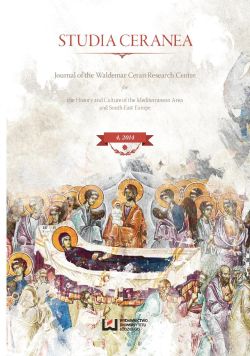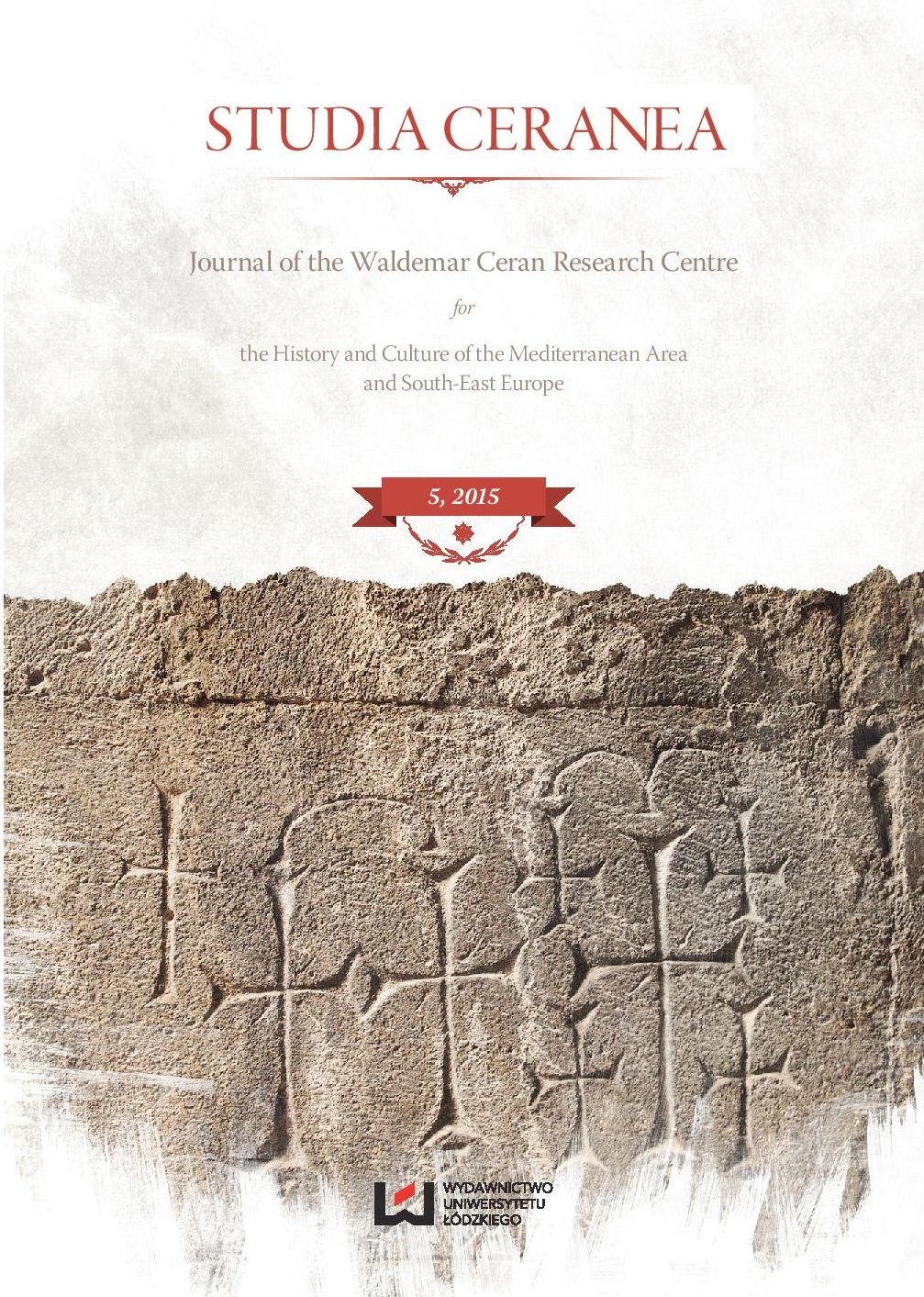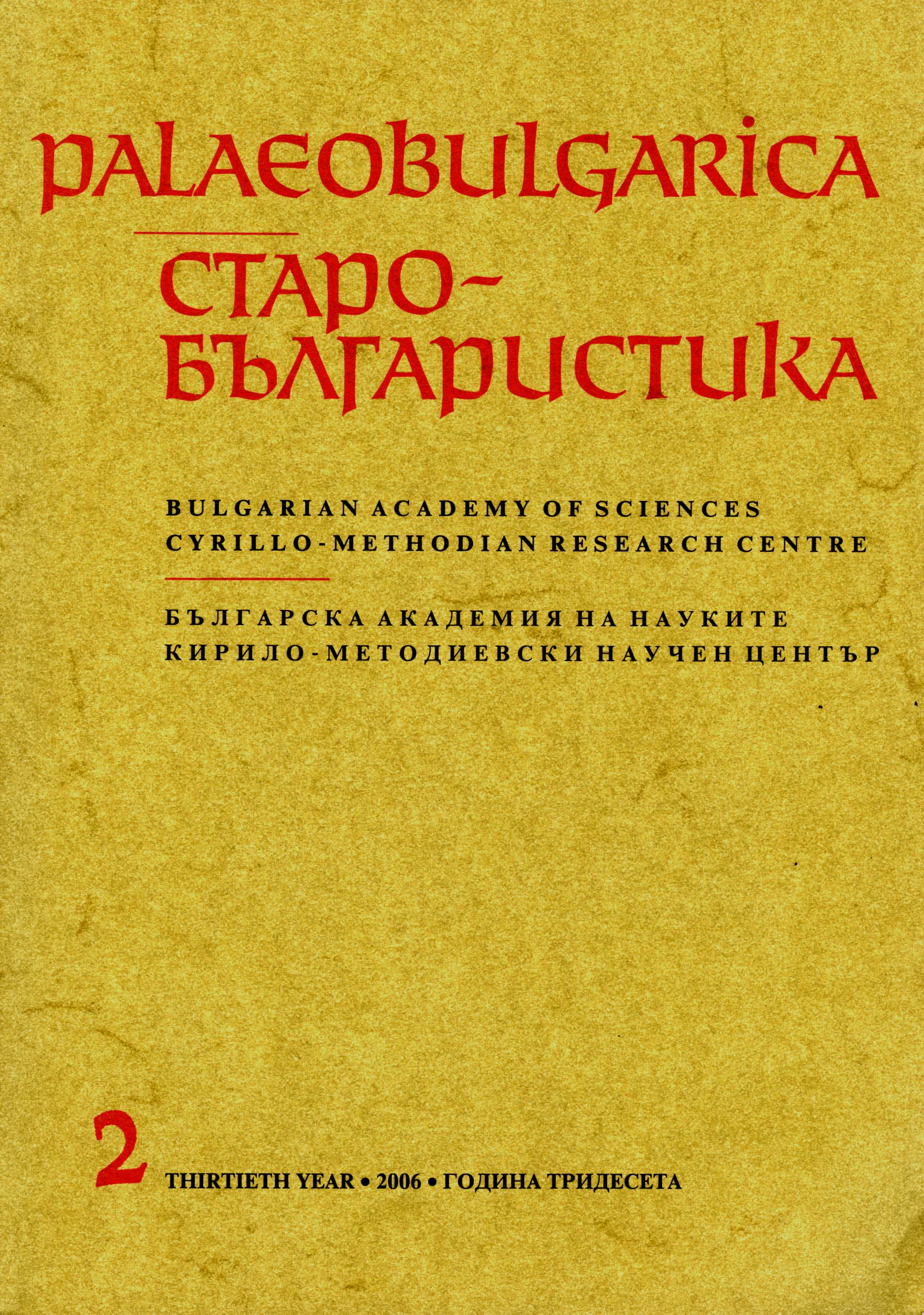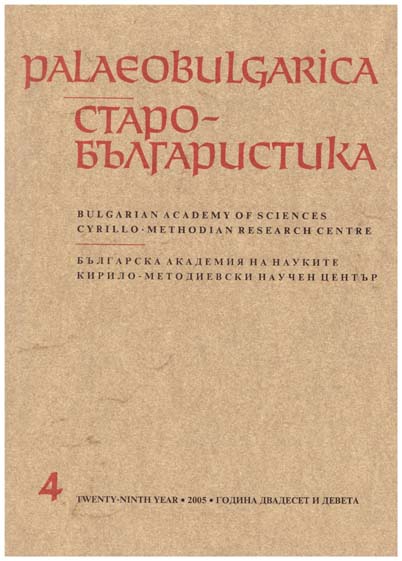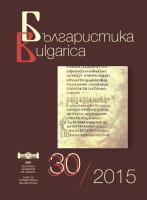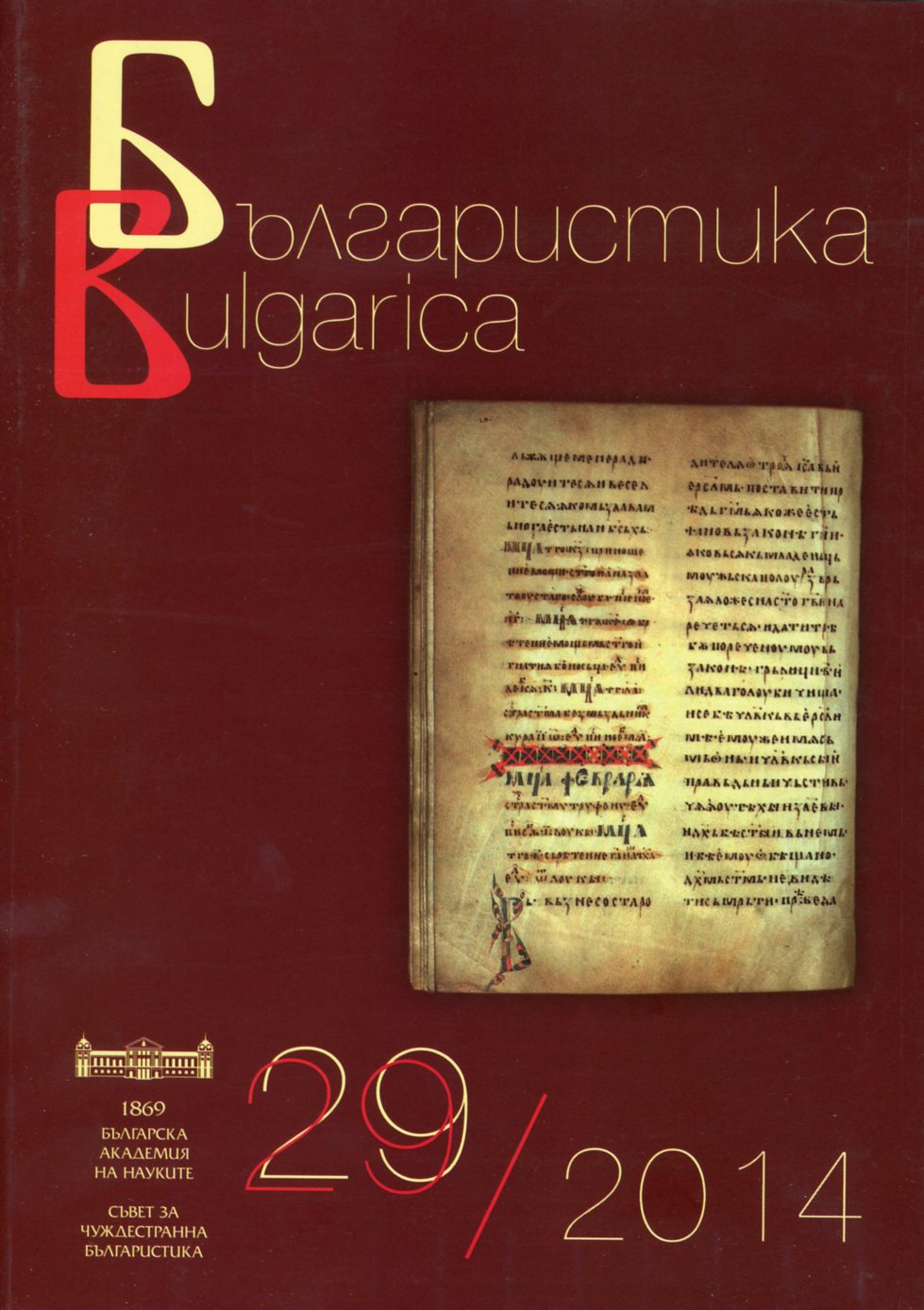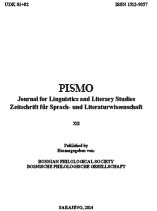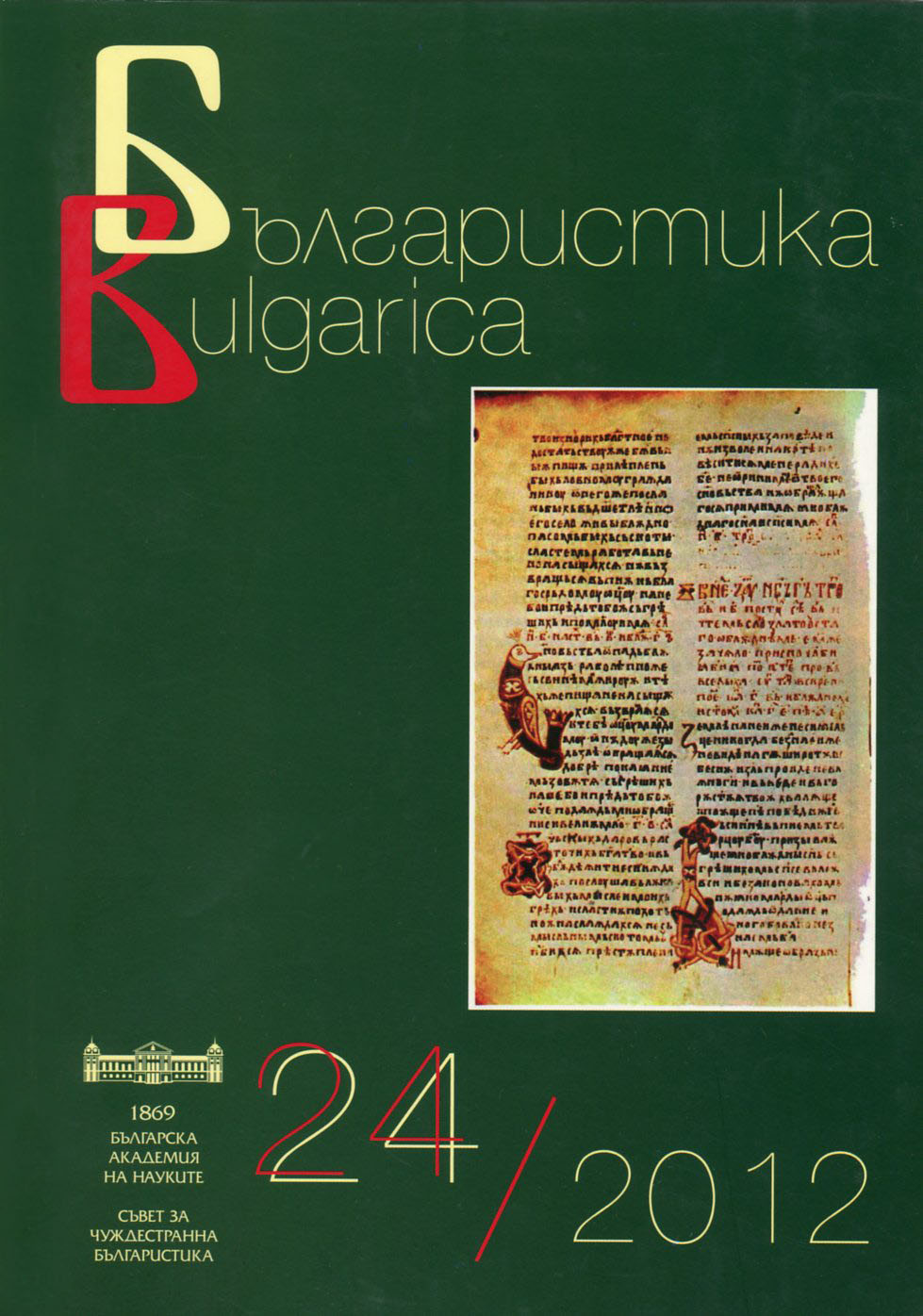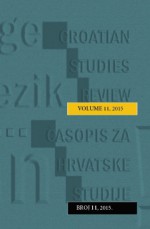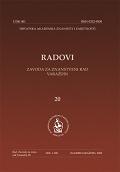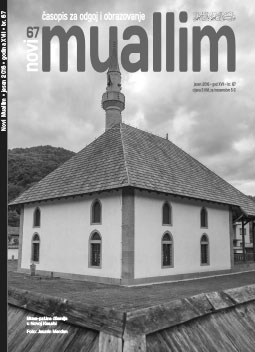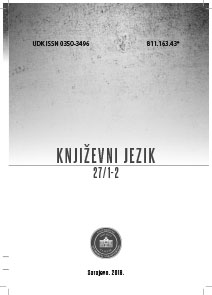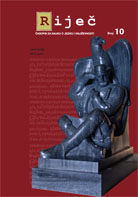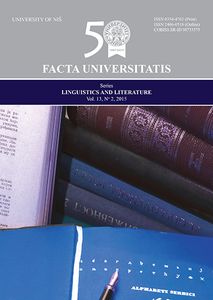
ACOUSTIC ANALYSIS OF POST-ACCENTUAL QUANTITY IN SERBIAN
Due to its inconsistency, the prosodic norm of the Serbian language has generated a lot of discussion within the linguistic community. What has particularly been obvious in recent times is the major discrepancy between the prescribed and the actual language in use. Deviations from the norm relate to the sequence of accents and the repertoire of prosodic units. However, one of the most unstable positions is considered to be the pronunciation of the post-accentual length, which, based on the conducted research, is often equalized with the post-accentual shortness in younger population. This paper studies the pronunciation of the post-accentual length in the speech of western Serbia, and employs an acoustic analysis of duration and listening perception to examine the patterns of the disappearance of the post-accentual length (depending on the position within a word, type of syllable, type of accent, etc.).
More...
